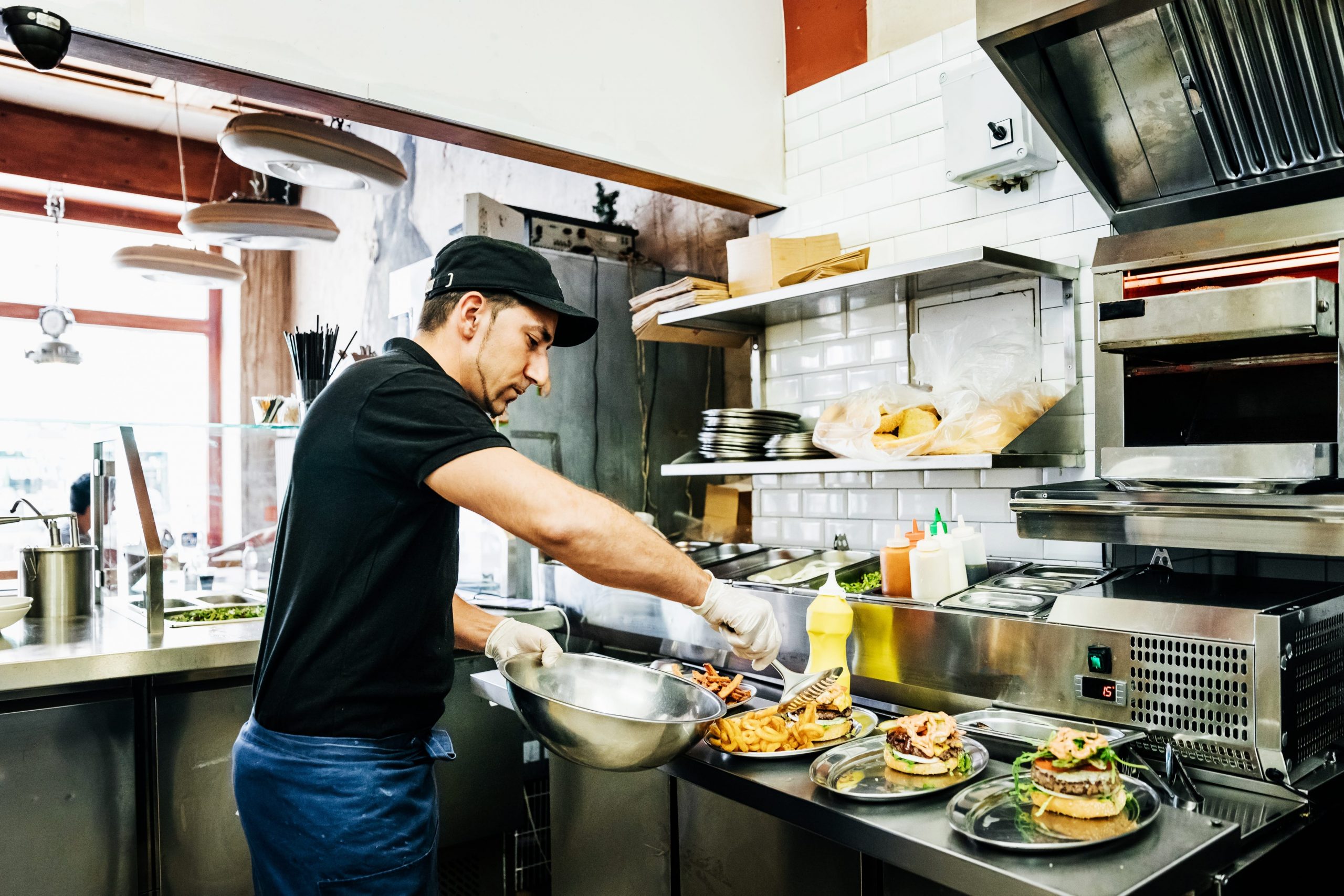
- Fast-food employees will strike Friday to demand a national minimum wage of at least $15 an hour.
- The strike will take place on what would be Martin Luther King Jr’s 92nd birthday.
- Strike organizer Fight for 15 is aiming to pressure the Biden-Harris administration to prioritize the wage increase to help close the wage gap among workers of color.
- Visit Business Insider’s homepage for more stories.
Fast-food workers in at least 15 US cities are planning to strike on Friday to demand an increase in the federal minimum to $15 an hour and for the right to unionize, according to a press release by Fight for 15 and Union, an international movement of workers advocating for better wages.
The organization has been staging walkouts since 2012 to advocate for an increase in the minimum wage and is supported by the Service Employees International Union.
—Fight For 15 (@fightfor15) January 13, 2021
Workers at big corporations such as McDonald’s and Wendy’s will participate by either staying or walking off the job on what would have been Martin Luther King Jr’s 92 nd birthday on January 15, the group said.
The striking workers, from cities including Detroit, Durham, and Kansas City, will call on big corporations like McDonald’s to raise pay to $15 per hour. Workers in cities like Chicago and Los Angeles where the minimum wage has been boosted to $15 per hour will strike to demand all workers be paid that wage. They’ll also challenge the incoming Biden-Harris administration to raise the federal minimum wage – stuck at $7.25 for more than 10 years – to $15 in its first 100 days.
The strike will include car caravans and strike lines staged on Zoom across Chicago, Charleston, Detroit, Durham, Flint, Houston, Kansas City, Los Angeles, Miami, Milwaukee, Memphis, Oakland, Orlando, Sacramento, St. Louis, Fort Lauderdale, Tampa.
Read More: Wayfair boosted its minimum wage to $15 an hour for all employees
The group said that since 2012 the movement has won $70 billion in raises for over 27 million workers and successfully helped pass $15 per hour minimum wage laws in eight states.
"I'm striking today to carry on Martin Luther King Jr.'s fight for racial and economic justice in this country, which means every working person earns a living wage and has a job with dignity," said Karoshi Ma nns, a Memphis McDonald's worker, according to the group's statement. "Right now, I only make $10/hr at McDonald's, which isn't enough to pay the bills or support my family."
On Tuesday, President-elect Joe Biden said in a tweet that he hopes the House and Senate will act promptly in passing federal legislationto enact at least a $15 per hour wage.
—Joe Biden (@JoeBiden) January 12, 2021
The national minimum wage increase will help close the wage gap among Black and Brown workers especially after being hit hard financially by the coronavirus pandemic, advocates argue.
Raising the minimum wage should also boost pay for more than 23 million Americans, according to Fight for $15 and Union, reduce the racial and gender wage gap, and rebuild the economy in the wake of the COVID-19 pandemic.
Read More: 3 charts show how December's surprisingly bad jobs report was especially devastating for the most vulnerable workers
While raising the federal minimum wage to $15 an hour will boost payment for 17 million workers, it could cause other workers to lose their jobs, according to a 2019 Congressional Budget Office report.
The report said that under the $15 per hour option, 1.3 million workers would lose their jobs in an average week in 2025, according to the office's median estimate.
The report also found that workers whose income is below the poverty threshold would receive an additional $8 billion in real family income in 2025, amounting up to an average of 5.3% increase in income.
Last month, Starbucks announced plans for at least a $15 hourly minimum wage for its workers across the US, phased in over the next three years.
